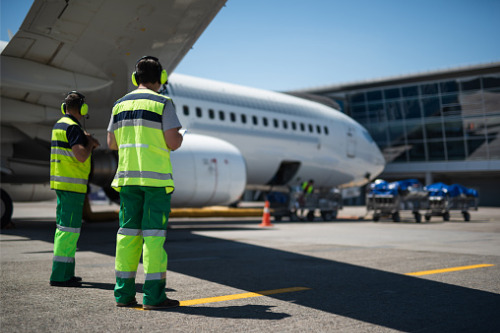
Singapore Airlines and Jetstar Asia are giving staff a deadline to get fully vaccinated

Singapore-based staff at Jetstar Asia and Singapore Airlines (SIA) Group, including Scoot, have been given a deadline to get fully vaccinated. Only frontline staff like pilots and flight crew at SIA and Scoot will be affected by the new policy. SIA staff have till September 1st, while Scoot members have till December to get their shots. To date, all ground staff at SIA Group have been vaccinated and about 99% of pilots and cabin crew have taken the shots.
Jetstar, however, has required all employees including their corporate staff to get vaccinated by October 1st. This shouldn’t be much of an issue as “almost 100%” are vaccinated, said Jetstar in a media statement. “The majority support the idea of the COVID-19 vaccine being a requirement for work as it offers strong protection against the virus and also protects their families and their local community,” they added.
Corporate staff were included in Jetstar’s policy because they work closely with frontliners and “there’s quite a lot of interaction” amongst employees, a spokesperson told Channel NewsAsia. For those unable to get the vaccine due to medical reasons, the airline will consider measures to allow them to continue work in a safe manner. They added that they will deal with those who decline the vaccine on a case-by-case basis.
Read more: COVID-19: Should vaccine be mandatory for airline workers?
The airlines have implemented a vaccine mandate as a commitment to the safety of customers and employees. Their policies are currently in line with the government’s latest guidelines. The guidelines may change soon as MOM yesterday announced (Aug 19) an ongoing review of their advisory. They’re finalising the details and “the updated advisory which will be issued soon”.
Prevailing guidelines discourage the use of mandatory policies, the Ministry of Manpower’s advisory on July 2 stated that employers may require vaccinations for employees in “higher risk employment settings”. These include aircrew, healthcare staff in regular contact with COVID-19 patients, and hotel workers in contact with people serving Stay Home Notice (SHN).
If employers adopt a company policy of requiring COVID-19 vaccination for those employee groups, they should provide staff with additional paid sick leave beyond the contractual or statutory requirement to support their recovery from any side effects.
Read more: Returning to work? Companies reveal vaccine policies
As for employees who decline vaccinations despite the company policy, MOM recommended:
“Other than the measures above, the union and the employer may mutually agree on other measures to be taken for employees who decline vaccination,” said MOM. “Under no circumstances should an employer terminate or threaten to terminate the service of an employee on the ground of declining vaccination.”